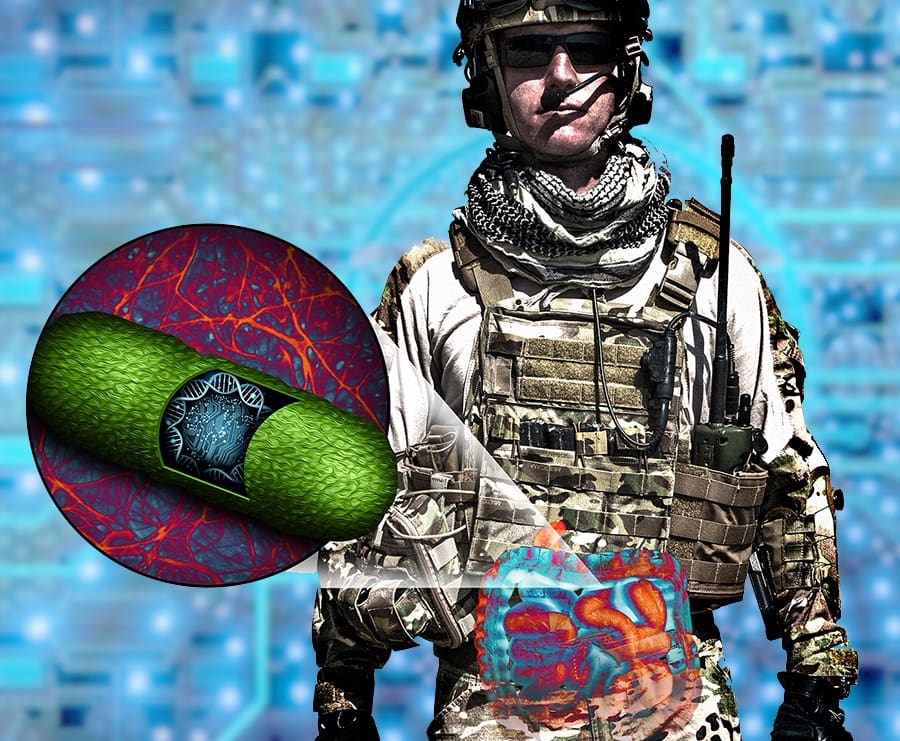
WRIGHT-PATTERSON AIR FORCE BASE, Ohio – The Air Force Research Laboratory announced its three Biotechnology Grand Challenges last month in efforts to spearhead innovation among small businesses for the specific needs of the Department of Defense.
These three challenges, which were chosen by AFRL’s team of biotechnology experts, seek advancements in the following: biosynthesis of monomers for aerospace thermosets, biosynthesis of high-density endothermic fuels, and human performance-enhancing probiotics.
“When AFRL’s team decided on these challenges, we were looking for ways to make big strides quickly in the area of biotechnology,” said Jill McQuade, AFRL’s biotechnology program manager. “Biotechnology is one of AFRL’s big bets, and is also one of the twelve Office of the Secretary of Defense’s modernization priority area.”
McQuade explained that the AFRL Small Business office put forth $3 million to fund this initiative, which will be divided equally across the challenges. Participants can then compete in two phases of initial evaluation, and then in a Pitch Day.
In the first phase of this competition, small business participants will submit white papers with their concepts, said McQuade. During the second phase, a panel of experts will select which white papers will move forward in the competition. Then, those selected to continue in the competition will be given two weeks to enter into an agreement with a company of their choice that can scale up production and manufacturing. Finally, these teams will participate in a Pitch Day, presenting a one-hour pitch of their concept and scale up strategy with their manufacturing partner to the AFRL team. The winners of the competition will be funded in various layers by accomplishing certain milestones over the course of one year from each Pitch Day.
Pitch Days will be in July, August and September for each of the challenges, and could potentially be virtual due to social distancing guidelines of the COVID-19 pandemic.
Not only will these challenges expedite innovation, but they help small businesses by narrowing down specific needs, McQuade explained. “These challenges can show the broader science and technology community as well as the research and development community how biotechnology can successfully be used as a tool to develop innovative solutions to current hard problems.”
For more information about the three Biotechnology Grand Challenges, visit innovatedefense.net/dod/afrl-challenge-1.
Gina Marie Giardina, Air Force Research Laboratory

